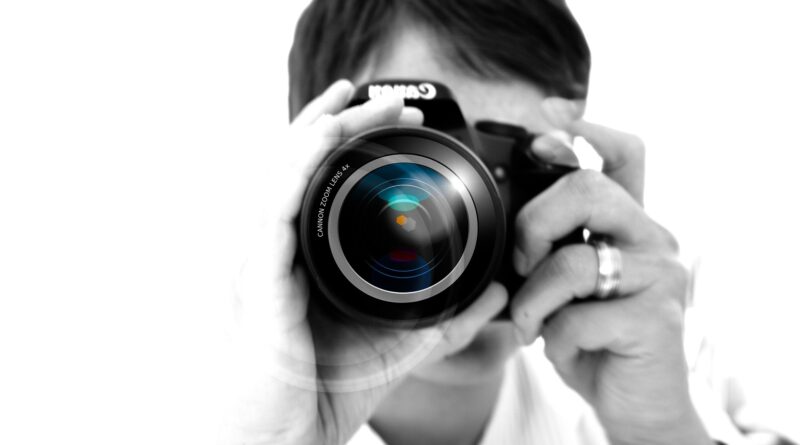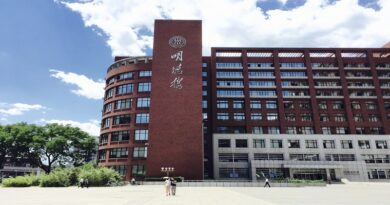Postgraduate courses in Photography
We all love a good photo. The photos of a presidential inauguration, Sydney harbour looking bright and beautiful or even closer to home, the wedding album or your family photo shoot.
Photographers are part of some very special moments in people’s lives and help to capture those moments so they will have them to look back on for years to come. It is quite an impressive skill to possess.
Whether you want to break into photography or enhance your current photography career, there are multiple postgraduate courses to choose from across the UK.
Duties of a photographer
The duties of a photographer can change depending on your genre of work or clientele for example. There are a few variables including if you’re freelancing or working for a company. Regardless, some of the general duties you will carry out as a photographer include:
- Taking pictures
- Setting up equipment and props for pictures
- Setting up photography equipment
- Choosing and setting up locations
- Editing photos
- Reproducing and printing photographs
- Building contacts and networking
- Promoting your work
- Coming up with new ideas to shoot
Courses
There are many courses to choose from across the UK. Some courses offer the opportunity to study either part time or full time. There may also be guidelines and rules in place due to Covid-19. Some courses available in this area include:
Clinical Photography
Many postgraduate courses in clinical photography are PGCert courses. This course is specifically for those working in the healthcare sector and will offer the opportunity to increase and expand your current knowledge. It will give students a better understanding of the profession and the context in which it is practiced.
Photography
Postgraduate courses in photography will see students test and push the boundaries in the area. You will focus on different areas including visual narrative, the photographic and cinematic and look at the relationship between photography and texts/sounds/space. Practical skills will be developed such as image moving, bookbinding as well as learning about portfolio, book art, gallery, screen and installed space. These courses cover a range of topics so these are just a few.
Other courses available include Commercial Photography, Film and Photography and Graphic Illustration Photography as well as others.
Entry requirements
Entry requirements will differ from course to course and university to university so it is important to research your particular course in detail to ensure you meet the criteria to apply. You will need a bachelor’s degree to apply for almost all courses. Some may require a 2.2 degree while others may require a 2.1 degree. A degree in a related field is a plus but many courses accept a degree of any kind. Full course overviews can be found online for more information.
Typical employers
Typical employers of photographers may include:
- Media – newspapers, magazines, catalogues, social media
- Agencies
- Freelance/set up own studio
- Art galleries
- Aerial or forensic photography organisations
Salary
Salaries can differ depending on your employment and experience. The average salary of a photographer in the UK is believed to be around £25,586. This can change depending on if you’re working with a particular company, your clientele or if you are freelancing. Freelance photographers are believed to be paid around £19.60 or you may have a certain charge for events such as weddings. If you freelance for media, for example, there may be a set rate within those companies. All figures are based on estimates and are intended to be used as a guide only.
Skills and requirements
Skills that can be helpful in this area include:
- Strong communication skills
- Excellent people skills
- Creativity
- Good patience
- Good concentration
- Attention to detail
- Strong networking skills
- The ability to create relationships with clients
- Trustworthy
- Team work
- An eye for photography
- Ability to use editing software




